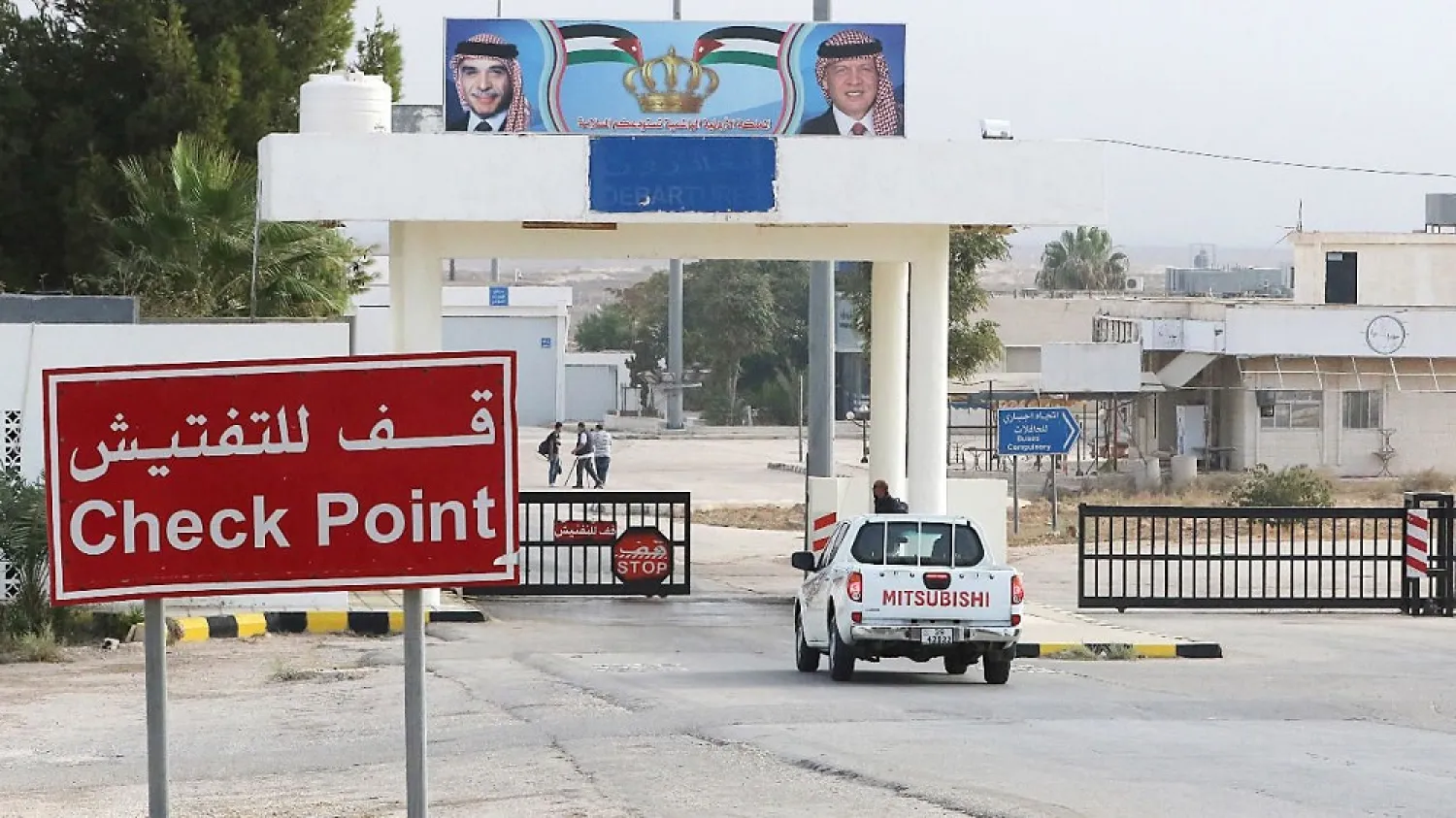Jordan will close its land trade border crossing with Syria for a week after a rise in COVID-19 cases coming from its northern neighbor, officials said on Wednesday.
The interior minister’s decision to close the Jaber crossing, a main gateway of goods from Lebanon and Syria to the Gulf, will come into effect on Thursday morning.
The move, which also puts officials working at the crossing under quarantine, comes after 12 cases were reported on Wednesday in addition to 13 on Tuesday in the first such surge for several weeks.
Jordan’s other land crossings, with Saudi Arabia, Israel and the Palestinian territories, are only open for commercial goods since the lockdown in March to stem the pandemic.
Prime Minister Omar al-Razzaz said on Wednesday the rise was a “source of concern” and officials have said most cases came from truck drivers arriving from Syria, where NGOs say a significant rise in cases has been recorded by humanitarian workers.
The government said this week it will make wearing a face mask compulsory as of Saturday after widespread floating of rules, and it will impose hefty fines on violators.
With the new surge, closing hours for shops and movement were again restricted to 11 p.m. under a curfew that was curtailed with the country’s return to normality in the last two months
Jordan has withstood the COVID-19 pandemic better than most of its neighbors, taking early steps to restrict the mobility of its 10 million people, sealing its borders, and imposing a state of emergency and a night curfew.
The government in June lifted remaining restrictions on most activities, including reopening hotels and cafes. Schools remain closed however, and weddings and conferences not permitted.
Earlier this month the kingdom also postponed a resumption of international flight services with fears an influx of passengers would bring with it many cases.
Jordan has recorded 1,308 cases with eleven deaths.









